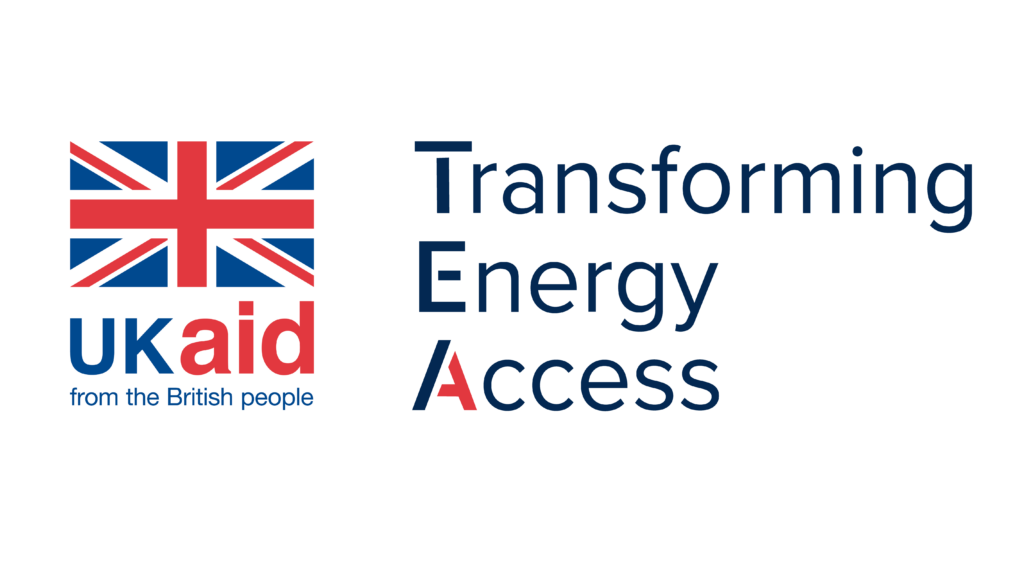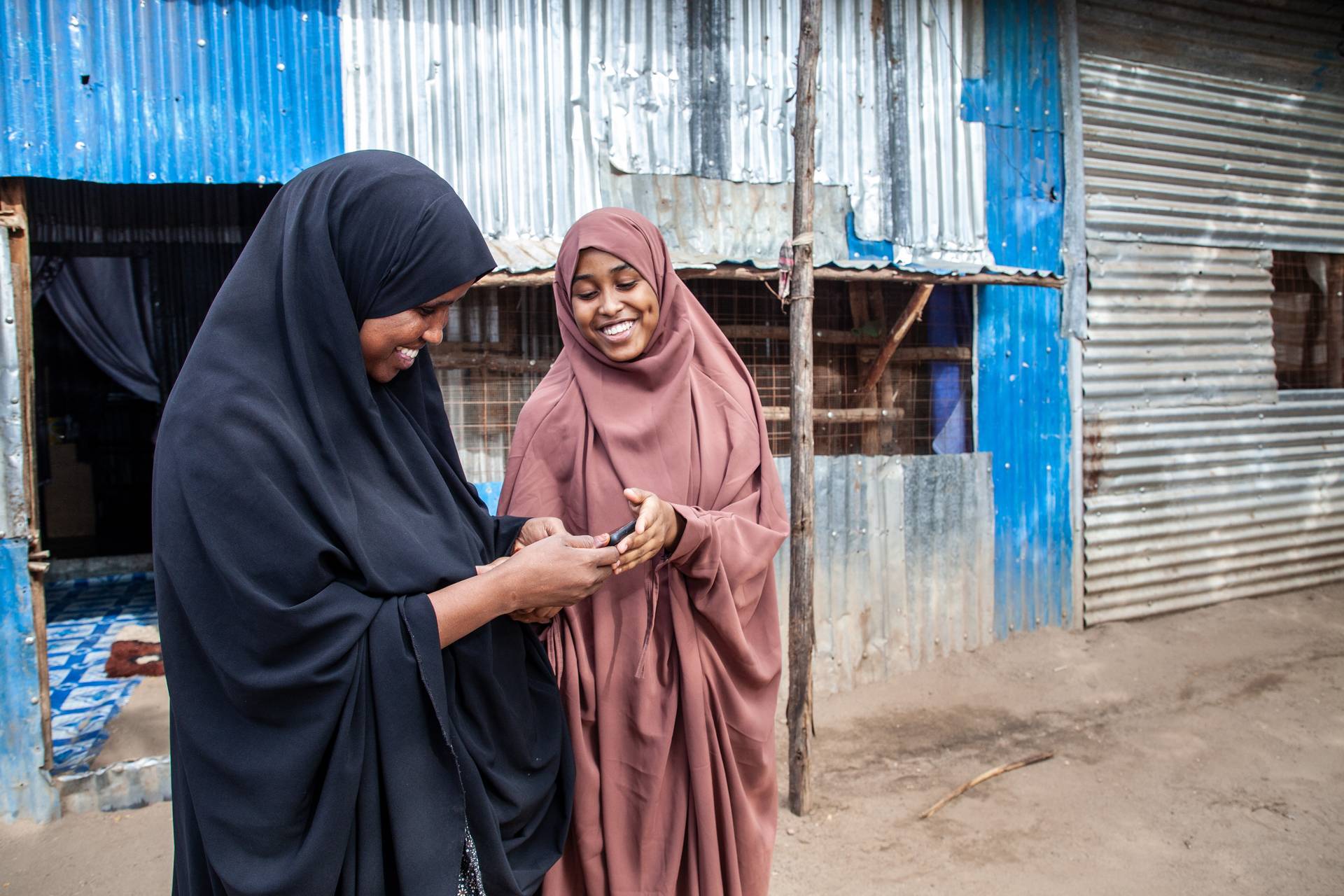The number of refugees and displaced people worldwide has risen by 19 million in a single year – the largest rise ever recorded. According to latest UNHCR 2023 data, about 110 million people are now forced from their homes, trying to survive and rebuild their lives, often without essential services and support.
Access to energy has fallen behind food, shelter, water, education, and protection as a priority for agencies and organisations supporting refugees – although it is an enabler of all these things.
With the Global Refugee Forum taking place this week in Geneva, it’s vital those attending remember the power of affordable, clean energy to spark positive change. It powers jobs and businesses, gives people information and connection with loved ones, and brings light amid darkness. Working, studying, living with dignity – all are difficult or even impossible without energy.
Yet 94% of people living in refugee camps go without access to electricity, and 81% without access to safe and efficient cookstoves. This unacceptable situation demands new efforts to prioritise access to sustainable energy in humanitarian responses, particularly in Sub-Saharan Africa, where the need is enormous.
Displaced people themselves – and those who work closely with them – have highlighted one key action for funders, governments, and aid agencies. That is to channel more support to refugee-led organisations, and the local organisations that work closely with refugee communities. Inclusive investment strategies, in particular, are vital.
Refugees understand the challenges and opportunities of tackling the energy poverty around them, and can deliver inclusive, locally-appropriate solutions. Their growth brings benefits beyond greater access to energy – providing jobs and skills, and truly empowering communities.
Examples of innovation include Kakuma Ventures, a refugee-founded social enterprise bringing solar-powered Wi-Fi to Kakuma Refugee Camp in Kenya. Residents market and manage the internet service in their neighbourhood – creating an income for them, and web connection for their neighbours.
The organisation’s neighbours include USAFI Green Energy, a cookstove manufacturer in the same camp. USAFI’s work cuts the use of polluting stoves and fires, creates much-needed jobs, and tackles deforestation. This shows the potential of integrated climate solutions – in this case, one protecting biodiversity as well as providing clean energy. Integrated solutions deliver more benefits and do more to create resilience.
Refugees speak up
Efforts to strengthen such organisations are underway – with events like a webinar last month on the role of refugee-led organisations in responding to climate change, held by the Global Platform for Action on Sustainable Energy in Displacement Settings (GPA), housed within the United Nations Institute for Training and Research.
GPA are joined by the Global Refugee-led Network, Ashden and Chatham House as partners in Transforming Humanitarian Energy Access, a global advocacy and research programme from the UK Foreign, Commonwealth and Development Office.
Last month’s virtual gathering put the spotlight on effective refugee-led schemes and projects, all delivering climate resilience and adaptation. It saw a call for more collaboration between refugee-led organisations and governments, NGOs, and other stakeholders. It highlighted how deeply the impacts of climate change are already striking displaced communities. And it identified resource constraints and navigating diverse cultural contexts as key barriers to change.
Unlocking inclusive investment
How can such refugee-led initiatives and other local organisations working in displacement settings get the resources they need to thrive?
First, funders and philanthropists need to make the finance they offer easier and more inclusive. This might mean relaxing due diligence requirements, or lowering the transaction costs for donors and investors to make small grants and investments.
Organisations need support to register legally, set up bank accounts, develop business models, strengthen their management and leadership teams, build partnerships, and connect with donors and investors.
A quota of resources should be allocated directly to refugee-led initiatives, which can deliver the most appropriate response to energy poverty. There’s also a need to trial innovative new funding models. These might include awards, crowdfunding, or new programmes and scaling funds for capacity building.
Refugee-led initiatives can be helped with investment in training and skills development for the displaced people. This might help refugees take on technical jobs in solar installation or operations and maintenance, and also in supporting roles such as marketing or human resources.
Supporting frontline organisations is a sustainable, inclusive, impactful way to tackle refugee energy poverty. Addressing that challenge should be an urgent priority, given energy’s role boosting the self-reliance and sustainable development of displaced people. The Global Refugee Forum 2023 should aim to mobilise strong political will, ensure sustainable energy pledges, and rally substantive energy financing, investment, and funding. If it does, this month’s gathering can be a catalyst for change in the next four years.


